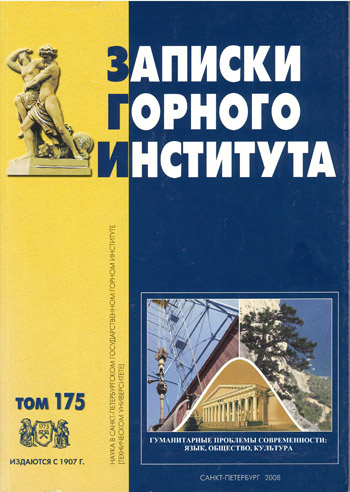Formation of linguistic culture in the process of pidginization and creolization
Authors:
About authors
- Herzen Russian State Pedagogical University
Abstract
Pidgin and creole studies are one of the topical trends in modern linguistics. The formation of a pidgin as a result of the lexifier reduction is a social process. Native speakers of indigenous languages being in low social conditions have no chance to develop their own culture and have to use the language of the dominant group for interethnic communication.
Область исследования:
(Archived) Language and culture
